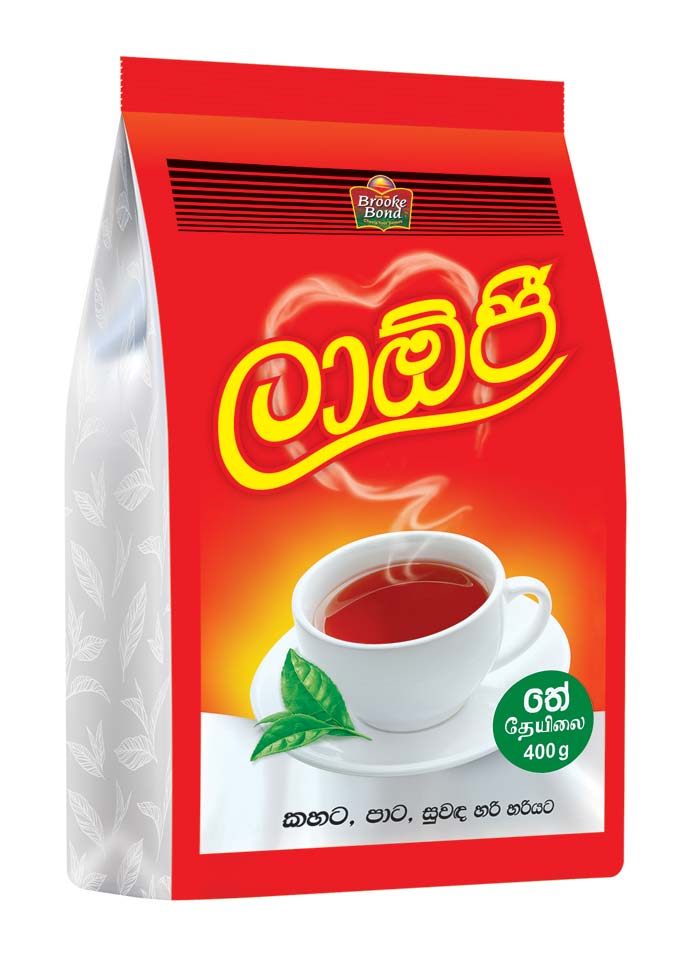
Hemas Hospitals promote women’s health care to celebrate International Women’s Day
The role a woman is expected to play has changed drastically as a result of socio-cultural and economic reforms the societies have undergone during the last few decades. Unlike in the past where her role was limited to being a housewife and a mother, a contemporary woman performs multiple functions within today’s society; be it within her family, society or her place of work. Even the expectations of her traditional role as a daughter, mother and a housewife has evolved and she is expected to deliver more value towards her family while being a key driving force within a nation’s economy.
However, it is an accepted fact that a large segment of women often dedicate themselves to be the ‘care-givers’ to the entire society in their specific capacity, they tend to neglect their own health and well-being in the process; maybe due to financial constraints, lack of awareness or due to their inability to have a work-life balance. At the same time another observation is that certain segments of women devote more time and energy to keep their external beauty intact while disregarding their internal health and well-being. Both these extremes have a long-lasting negative impact on women as well as their families.
On the other hand, women are expected to take special care of their health as they can be plagued with some specific life threatening sicknesses. For example, it has been identified via research that breast cancer is on the rise among Sri Lankans and 25% of about 15,000 diagnosed cancer patients in the country are women. Ministry of Health statistics point out that 10,000 to 15,000 new cancer patients are identified every year in Sri Lanka and out of that, around 2,400 are women with cervical cancer and another 1,200 are diagnosed with breast cancer. Statistics further states that one woman in the country dies every four days due to either breast or cervical cancer although both cancers are treatable if detected early.
According to ‘Millennium Development Goals’ formulated by the United Nations at the turn of the new millennium, maternal and women centric healthcare has been identified as a specific category for attention and promotion, as, they have identified the welfare of a society revolves around the well-being of a woman.
Keeping this in mind, Hemas Hospitals, the first internationally accredit hospital chain in Sri Lanka, has come forward this year to celebrate the International Women’s Day with some value adding healthcare package for its female clientele. This special package includes full blood count, lipid profile, fasting blood sugar, urine full report, TSH, ECG, breast examination, nutrition consultancy, body mass index, (BMI) vision check, blood pressure check and physical examination by a MBBS qualified medical practitioner.
In addition to the above, special discounts are available till the end of March for women specific medical tests such as mammograms, pap-smear test and ultrasound tests for breast examinations.
Issuing a joint statement highlighting their commitment towards promoting female healthcare in a proactive manner, Dr. Chamila Ariyananda and Dr. Samanthi de Silva, the General Managers of Thalawathugoda and Wattala Hemas Hospital stated, “We believe that investing in and educating women will have far reaching economic and social benefits across various layers of the society. A sick and unhealthy female population is not only a burden to their families, but also to the entire nation in general, as the social fabric of South Asian societies are woven around women and their contribution towards the society. As such, this is another contributing factor from Hemas Hospitals towards the national mandate of converting Sri Lanka into a better country for women.”
Hemas Hospitals – Wattala and Thalawathugoda are part of the first internationally accredited hospital chain in Sri Lanka- Hemas Hospitals, which is a subsidiary of Hemas Holdings, one of Sri Lanka’s leading conglomerates with a focus on 4 key sectors including FMCG, healthcare, transportation and leisure.





